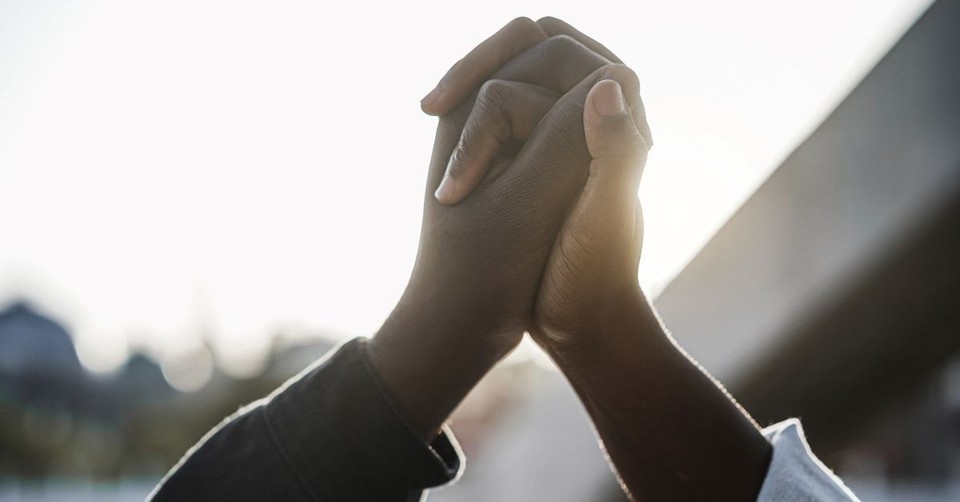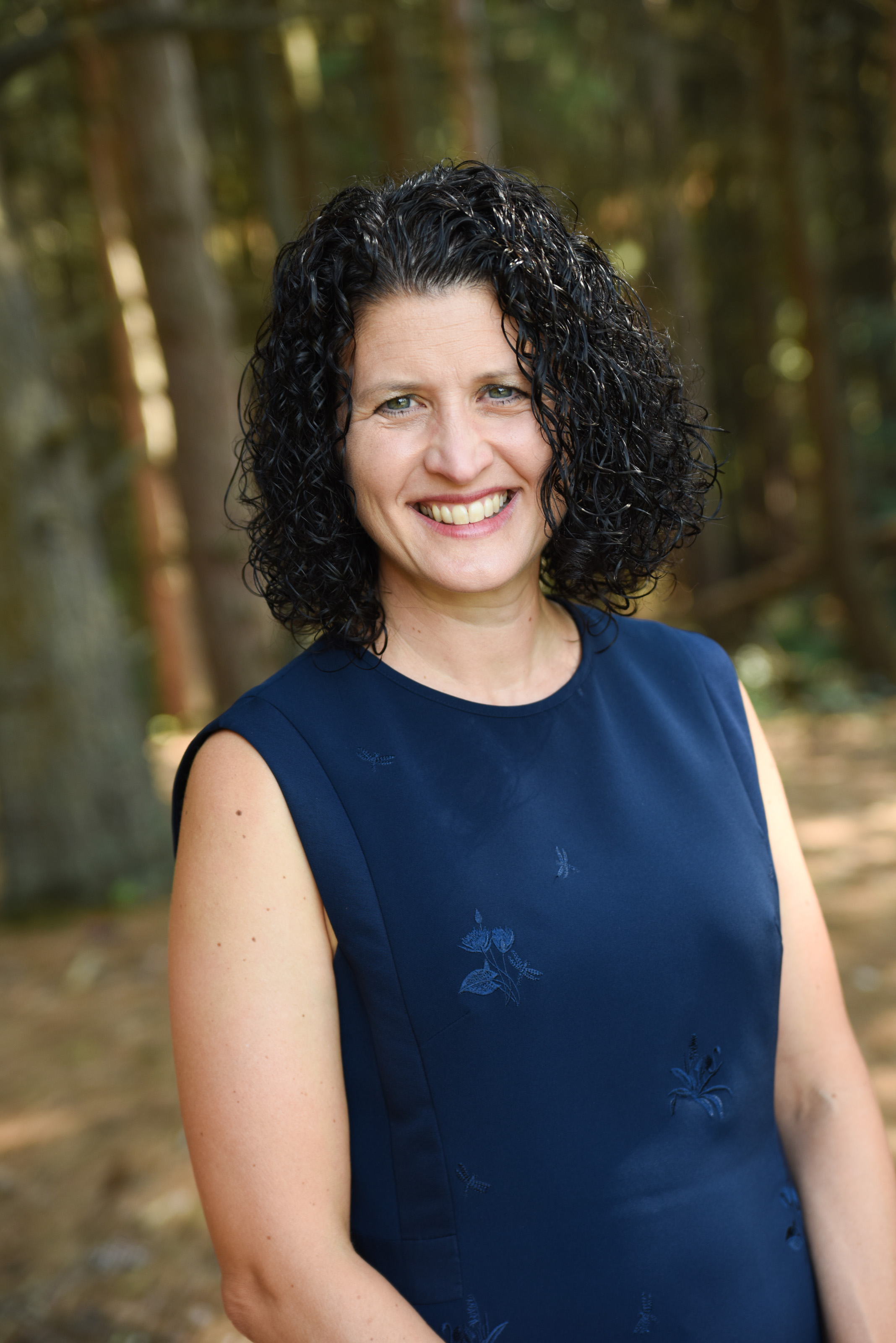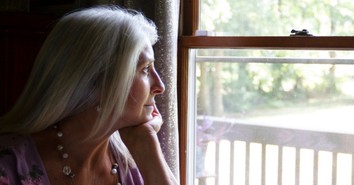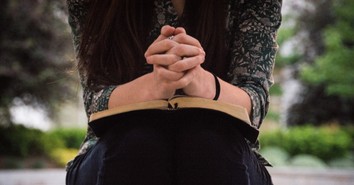7 Inspiring Christian Black Women Who Impacted Change

In honor of Black History Month, we remember faithful women who found sustaining strength and steadfast courage from their faith in Jesus to help them endure hardship and opposition in their calling to be advocates for dignity and equality for all people. Be inspired by these glimpses into the lives of Seven Christian Black women motivated by the truth of Scripture to impact change in the church and society.
Phyllis Wheatley (First African American Published Poet; c. 1753-1784)
Phyllis Wheatley’s celebrated poetry was rich in theological truths and called for equality for all regardless of the color of one’s skin. Born around 1753 in western Africa, Phyllis was torn from her home at seven years of age and sold to a slave trader. She was purchased by John Wheatley, a wealthy Massachusetts merchant who gave her the family name. Recognizing her sharp mind, the Wheatley family provided her with a rigorous education and supported her literary abilities before finally emancipating her in 1773. Growing up in the Wheatley household, Phyllis was exposed to Christianity and converted when she was 16 years old. Phyllis’ first book of poetry, Poems on Various Subjects, Religious and Moral, was published in London in 1773 after being rejected by American publishers. She quickly gained fame on both sides of the Atlantic although some people, including Thomas Jefferson, disparaged her work because of her gender and ethnicity.
Throughout her short life, Wheatley used biblical symbolism and literary skill to persuade Christians of the need to abolish slavery. In her best-known poem, “On Being Brought from Africa to America,” Wheatley presses her readers to consider Black Christians as equal recipients of salvation.
Sojourner Truth (Abolitionist, Women’s Rights Activist; 1797-1883)
A gifted orator, Sojourner was an unrelenting advocate for the abolition of slavery and equal rights for women. Born Isabella in the Hudson River Valley of New York, the future activist spent 30 years enslaved before escaping her cruel owners and finding refuge with Isaac and Maria Van Wagenen, who purchased her freedom for only $20. Their kindness and faith impacted Sojourner, and her nascent faith was firmly established after a dream where she felt the love of Jesus. After moving to New York City, she became a speaker in religious revivals and in 1843, she changed her name to Sojourner Truth because of her call to preach the gospel and speak out against slavery. Encouraged by prominent abolitionists to tell her story, she dictated (she never learned to read or write) her autobiography The Narrative of Sojourner Truth in 1850, which primarily recounts her spiritual awakening. In 1851 she gave her most famous speech, “Ain’t I A Woman?” that challenged prevailing beliefs promoting racial and gender inequality.
Sojourner’s legacy of a strong Black Christian woman who demonstrated great courage in the face of the horrors of slavery continues to inspire generations. Her convictions and faith were often woven together in her speeches and poems, including “The Great Sin of Prejudice Against Color.” A charismatic speaker, she would passionate ask her audience, “Children, who made your skin white? Was it not God? Who made mine black? Was it not the same God? Am I to blame, therefore, because my skin is black? Does it not cast reproach on our Maker to despise a part of His children, because He has been pleased to give them a black sin? And did not the same Savior die to save the one as well as the other?”
Harriet Tubman (Abolitionist; c. 1822-1913)
Harriet Tubman’s belief in the power of prayer to rescue people inspired a nation. Born into slavery around 1820 in Maryland, Harriet not only escaped slavery but helped hundreds of other African Americans find freedom through her work on the Underground Railroad. She was given the nickname “Moses” for safely bringing every person she led from bondage to freedom in the North. She also served as the first female leader of an armed expedition during the Civil War, directing the raid at Combahee Ferry that liberated more than 700 enslaved people. In her final years, she was active in the women’s suffrage movement.
Tubman was a woman of deep faith who had experienced God’s power firsthand. Contemporary biographer Sarah Bradford remarked that miraculous answers to prayer “never seemed to strike her as at all strange or mysterious; her prayer was the prayer of faith, and she expected an answer.”
Mary McLeod Bethune (Educator, Civil Rights Activist; 1875-1955)
Mary McLeod Bethune was the most influential Black woman in the 20th century because of her extensive work to advocate for educational opportunities for all people. The daughter of freed slaves, Mary was not deterred by the obstacles or abuse she suffered in her quest to get an education. Seeking additional education, she attended Moody Bible Institute in Chicago. The only Black student on campus, Mary excelled in her studies and spiritual leadership. Enormous disappointment followed graduation when mission boards would not appoint her as a missionary to Africa because she was Black. Instead, she focused her attention on addressing the spiritual, educational, and physical needs of Black children in the United States. With a strong belief in God’s calling and only $1.50, she founded the Daytona Literary and Industrial Training Institute for Negro Girls on October 3, 1904, which later became Bethune-Cookman University. She helped start the United Negro College Fund, was a member of President Roosevelt’s “Black Cabinet,” and helped integrate the Red Cross.
Mary’s profound faith was integrated into all her endeavors. Writing about the purpose of her college, she wrote, “There is a crying need among us for women qualified as moral and Christian leaders. The Bible is prominent in every department of our work. It is the guide of our lives.” In a history of Bethune-Cookman University, the authors concluded: “spiritual strength, race pride, interracial harmony, and faith in America's possibilities were at the core of Bethune's beliefs and advocacies.”
Mahalia Jackson (Gospel Singer; Civil Rights Activist; 1911-1972)
Known as the Queen of Gospel, Mahalia Jackson used her voice to promote civil rights. The granddaughter of enslaved people who worked on rice and cotton plantations, Mahalia was born in New Orleans but moved to Chicago during the Great Migration, a term for the mass movement of Black Southerners to the North to escape Jim Crow laws and find fair job opportunities. Her 1947 release, “Move On Up a Little Higher” quickly became the bestselling Gospel single, bringing national and international recognition. She is also known for singing “I've Been ‘Buked and I’ve Been Scorned” at the March on Washington on August 28, 1963, before Martin Luther King Jr.’s “I Have a Dream” speech.
Mahalia refused lucrative offers to sing in nightclubs (or other places she considered unfit for a gospel singer) and turned down opportunities to sing to segregated audiences. In 1964, Mahalia wrote about her convictions and reason for singing, saying, “Using the gift God gave me, singing the old spiritual songs for people everywhere has been a great personal help for me. Not to become just an entertainer or a star, but to help give people faith—that is the most important thing I can do. Gospel songs are the songs of hope and faith.”
Fannie Lou Hamer (Civil Rights Activist; 1917-1977)
Fannie Lou Hamer rose from humble beginnings to become a respected advocate for civil and voting rights. Born in Mississippi, the 20th child of poor sharecroppers, Hamer began picking cotton at six years old. Her formal education ended after sixth grade when she began working as a timekeeper on a cotton plantation. In 1961, instead of removing a small tumor, the doctor performed a full hysterectomy without her permission, a common practice in the South to help reduce the Black population. In 1962, she organized a group of 17 Black volunteers to travel to the courthouse to register to vote. Denied the opportunity to register and fined for traveling in a bus deemed too yellow, she was also fired from her job and her home was confiscated as a result of her advocacy. Motivated by the biblical truth that all people are children of God, she co-founded the Mississippi Freedom Democratic Party, helped lead civil rights protests, and launched the Freedom Farm Cooperative to help Black farmers develop cooperatives that would provide affordable housing and economic opportunities.
Known for regularly bursting into a Gospel song, one of Fannie’s favorites was “This Little Light of Mine,” a song that she had learned as a girl in her Baptist church. Another song associated with Fannie came out of horrible suffering. Beaten and lying in a jail cell in June 1963, she asked the woman in the cell with her to sing the lyrics of “Walk with Me” throughout the night to help them find strength and be reminded that God was with them. Author Jemar Tisby wrote about Fannie, “She employed her knowledge of the Bible to develop a sophisticated political theology that led her to become one of the most notable activists in the civil rights era.”
Latasha Morrison (Modern Racial Reconciliation Advocate)
Latasha Morrison is a compelling modern voice calling the church to pursue racial unity and reconciliation based on biblical principles. A native of North Carolina, grew up knowing she was the descendant of sharecroppers. Latasha’s experiences of racial insensitivity in school and church, along with an African American history class in college that gave her the fuller story of Black history in America, were sparks that led her to explore the church’s role in addressing racial issues. Following college, she held several corporate positions and worked on the staff of primarily White churches in Georgia and Texas that helped her find her life’s calling. In conversations with White friends and co-workers regarding modern expressions of racism and discrimination, she started racial-reconciliation discussion groups. Those groups led her to found Be the Bridge in 2016, “an organization committed to bringing the reconciliation power of the gospel to the racial divide in America.”
Be the Bridge is actually composed of more than one thousand groups across five countries that help people of all ethnicities start respectful discussions, and build interracial and cross-cultural relationships to help the church move toward racial reconciliation as a force to impact culture. In her book, Be The Bridge, Latasha writes change is possible when Christians “acknowledge the truth of our racial history…lament injustice…confess our sins so that we may be healed by God…seek and extend forgiveness…repent and turn from our sin…seek restorative reconciliation…[and] bring reconciliation to others in [God’s] name.”
Read more about Black History Month:
The Importance of Black History Month to Christians
Celebrating Black History Month
Photo Credit: ©GettyImages/DisobeyArt

Originally published February 01, 2023.





